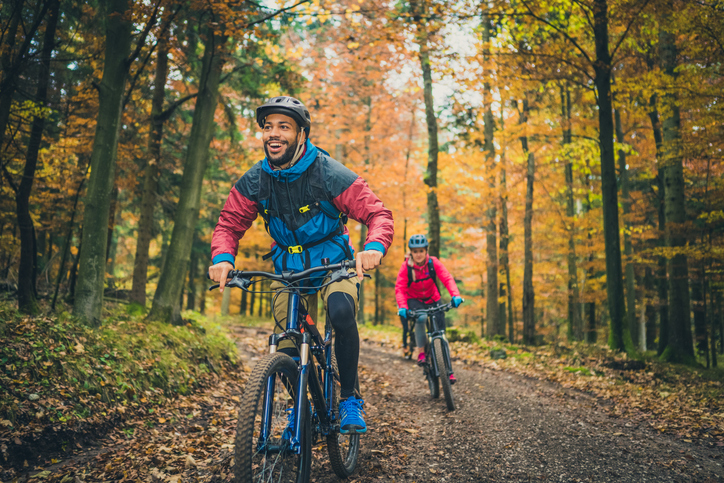As summer fades into fall, many people notice a drop in exercise motivation. Shorter days, cooler mornings, and busier schedules (kids, holidays, etc.) often make it harder to maintain consistency. However, reframing fitness as a game or friendly challenge can sustain engagement and make healthy habits stick.
Behavioral science shows that providing goal-setting, feedback, social support, and rewards boosts adherence. For example, interventions using step counters or pedometers show that participants can increase daily steps by about 1,000–1,500 steps/day in the short term (≤4 months). BioMed Central Moreover, a recent large review found that reaching ~7,000 steps/day is associated with significantly lower risks of all-cause mortality, cardiovascular disease, cancer mortality, type 2 diabetes, dementia, depressive symptoms, and falls compared to much lower step counts (~2,000 steps/day). The Independent
So how could a “Fall Fitness Challenge” work? Here are ideas:
- A week-long step streak: set a target to move X steps over baseline every day for 7 days.
- A family or friend competition: e.g., leaf-raking contest or timed hikes.
- Try something new outdoors before the weather turns — perhaps trail walks, beach hikes, or weekend bike rides — to take advantage of moderate fall temps.
Using wearables, pedometers, or simple phone apps can help track progress. Even simple tracking interventions without fancy incentives tend to increase activity. BioMed Central Benefits go beyond physical fitness: movement improves mood, helps regulate sleep, and keeps energy up during darker months. Behavioral goal setting (short-term, specific, achievable) and seeing progress daily (streaks, visual feedback) are especially motivating. FitOn
To avoid burnout, make the challenges low pressure and fun. Celebrate small wins (e.g., doing a short walk, stretching, trying a new class), not just big ones. Change it up so you’re not doing the same thing every day — alternate strength, cardio, outdoor play. And plan for obstacles: weather, shortened daylight, schedule conflicts. Having backup indoor options (yoga, body weight workouts) helps.
When you frame fitness as a game, you shift focus from obligation to enjoyment. This subtle mindset shift can be enough to sustain momentum through fall — leaving you fitter, more resilient, and ready for winter’s demands.




